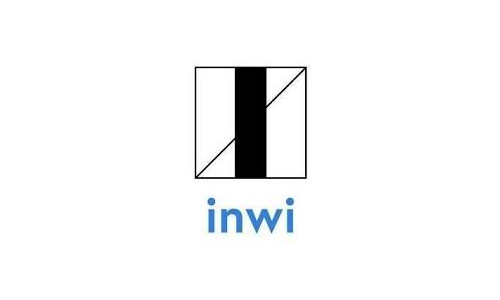At a meeting organised by MDDP in cooperation with the British Polish Chamber of Commerce, representatives of foreign investors present in Poland learned from the Ministry of Finance that there is likely to be a six-month grace period before the new obligatory national e-invoicing system comes into force.
Known by its Polish initials, KSeF (Krajowy System e-faktur), the new invoicing system was meant to be fully in place by 1 January 2024. However, legislative delays mean there are still many unanswered questions, leaving businesses insufficient time to prepare. The ministry is currently considering moving the deadline to 1 July 2024.
Yesterday’s meeting, held in Warsaw’s Intercontinental Hotel, was also attended by representatives of other foreign chambers belonging to the International Group of Chambers of Commerce. It proved extremely valuable in terms of information offered about the scope of KSeF. The presence of director of the department of indirect taxation, Paweł Selera shows how seriously the Ministry of Finance treats the consultation process and comments from corporate taxpayers.
Apart from the news that the Ministry of Finance is seriously considering postponing the date of entry into force of the mandatory KSeF to 1 July 2024, participants learned that invoices to consumers would be completely excluded from KSeF. The ministry’s representative also confirmed that an amended version of the regulations, along with a modified version of the electronic invoice’s structure, would be published by end-February/early March.
Other important clarifications made at the meeting concern the ministry’s position regarding the status of entities with a permanent place of business in Poland in KSeF, and the date of sending the invoice to KSeF as being synonymous with the invoice’s date of issue. Also, the exchange rate for invoices raised in foreign currencies should be the one in force on the date provided by the taxpayer on the invoice (i.e. the date from field P_1).
The ministry has also noticed a problem that needs to be resolved in cases where a taxpayer cannot send an invoice because of a systems failure or an inability to connect.
The ministry’s representative referred to business requests that KSeF be introduced in stages, stating that such a solution would result in chaos, as taxpayers would have to verify whether or not a given contractor is subject to KSeF, and would have to maintain both channels of issuing and receiving invoices, i.e. through KSeF and outside KSeF.
In addition, the regulations on sanctions are also to be changed, where it is planned to abandon minimum fines and replace them with a clear sanctions-modulation mechanism that takes account of the individual situation of each taxpayer.
Finally, participants learned that the ministry intends to postpone the inclusion of invoices issued on fiscal cash-registers (kasy fiskalne) in KSeF and to introduce a transitional period in which receipts up to 450 złotys will have the status of a simplified invoice.
The solutions and changes described are not definitive at the time of writing, as the final draft will appear by the end of this month, and the final text of the legal act by late June/early July. However, information from this meeting has been a valuable signpost indicating the direction in which the works on KSeF in the Ministry of Finance are heading. These are crucial for the process of implementing KSeF in any company raising and receiving invoices.




























